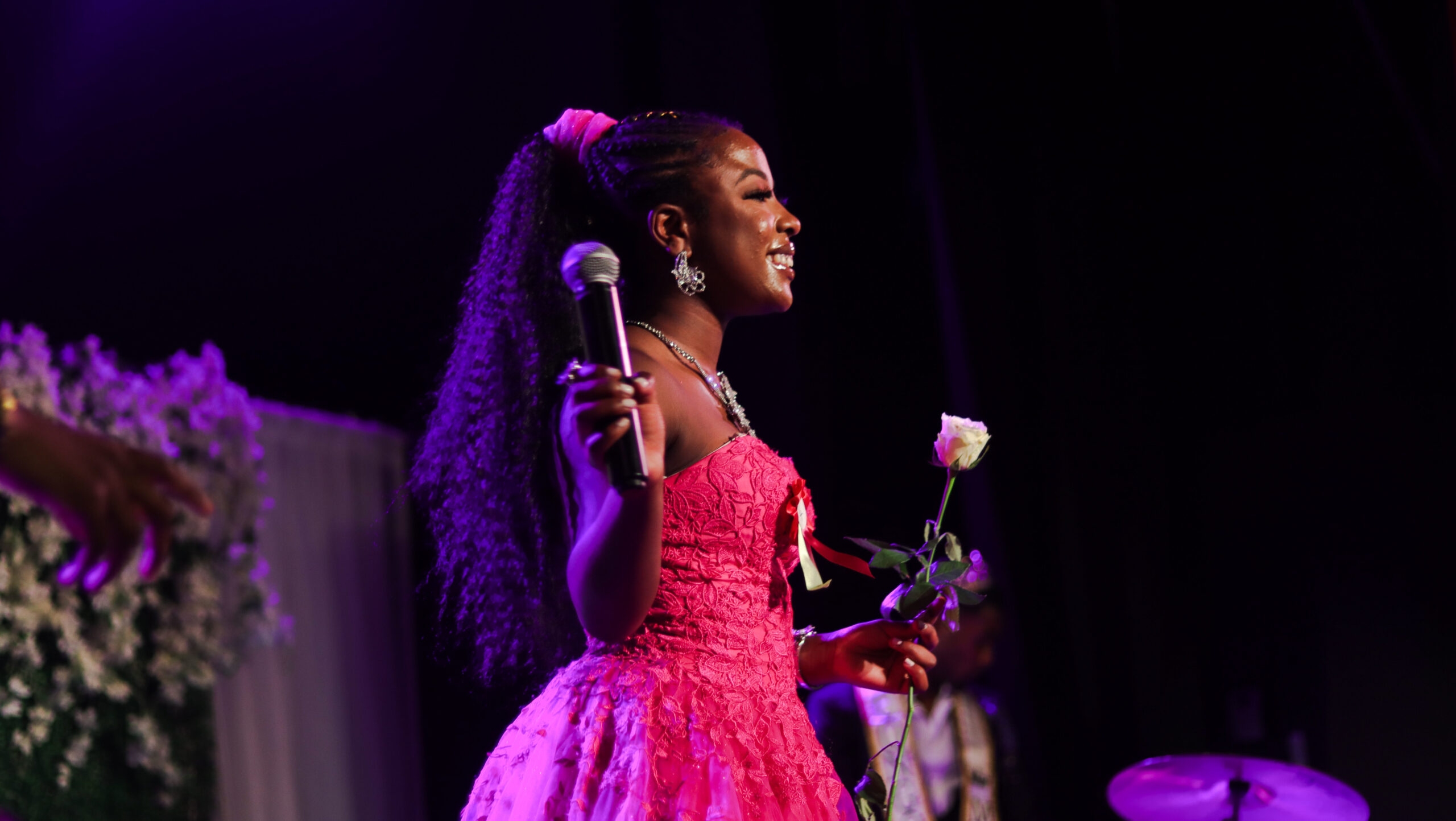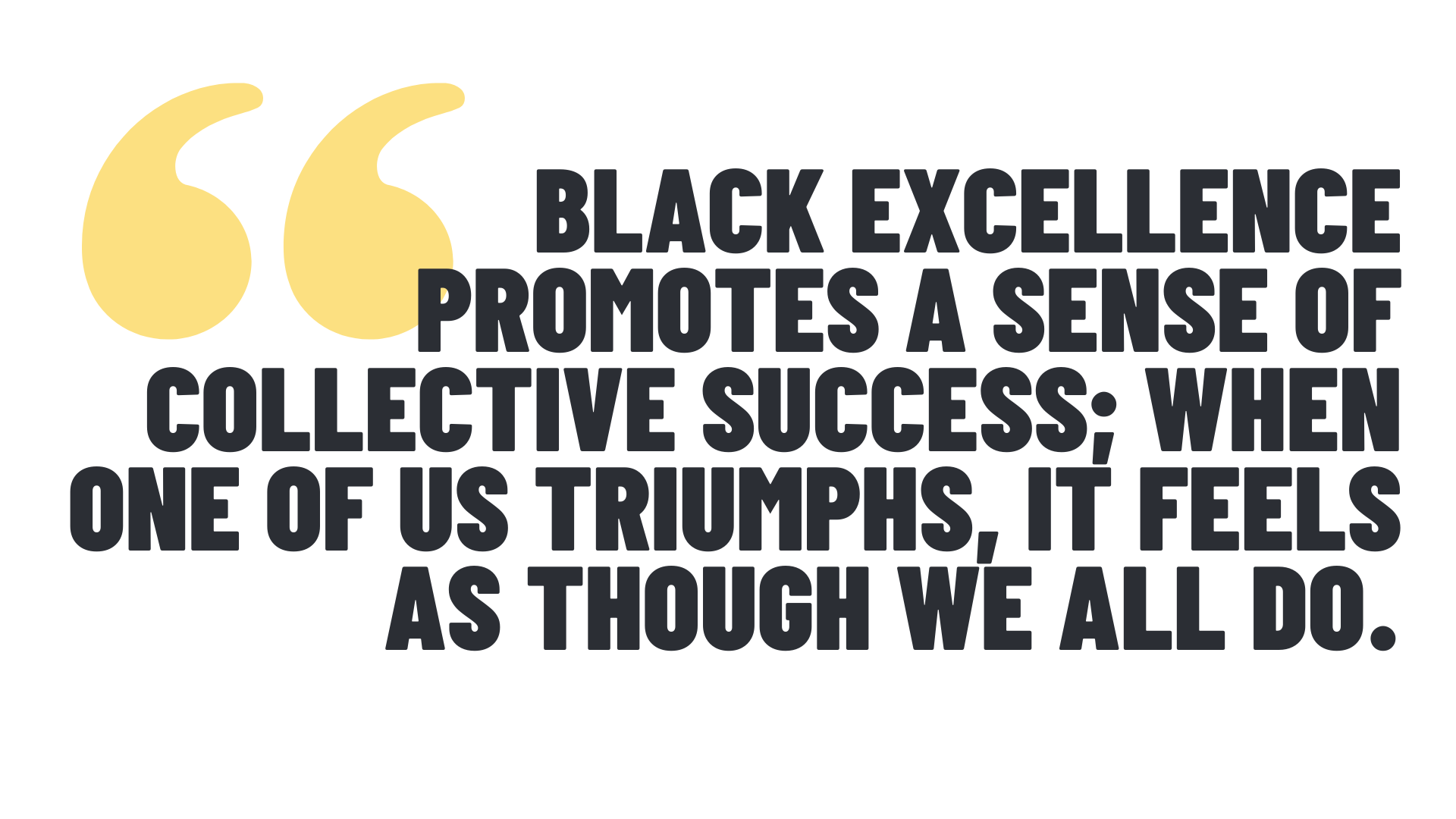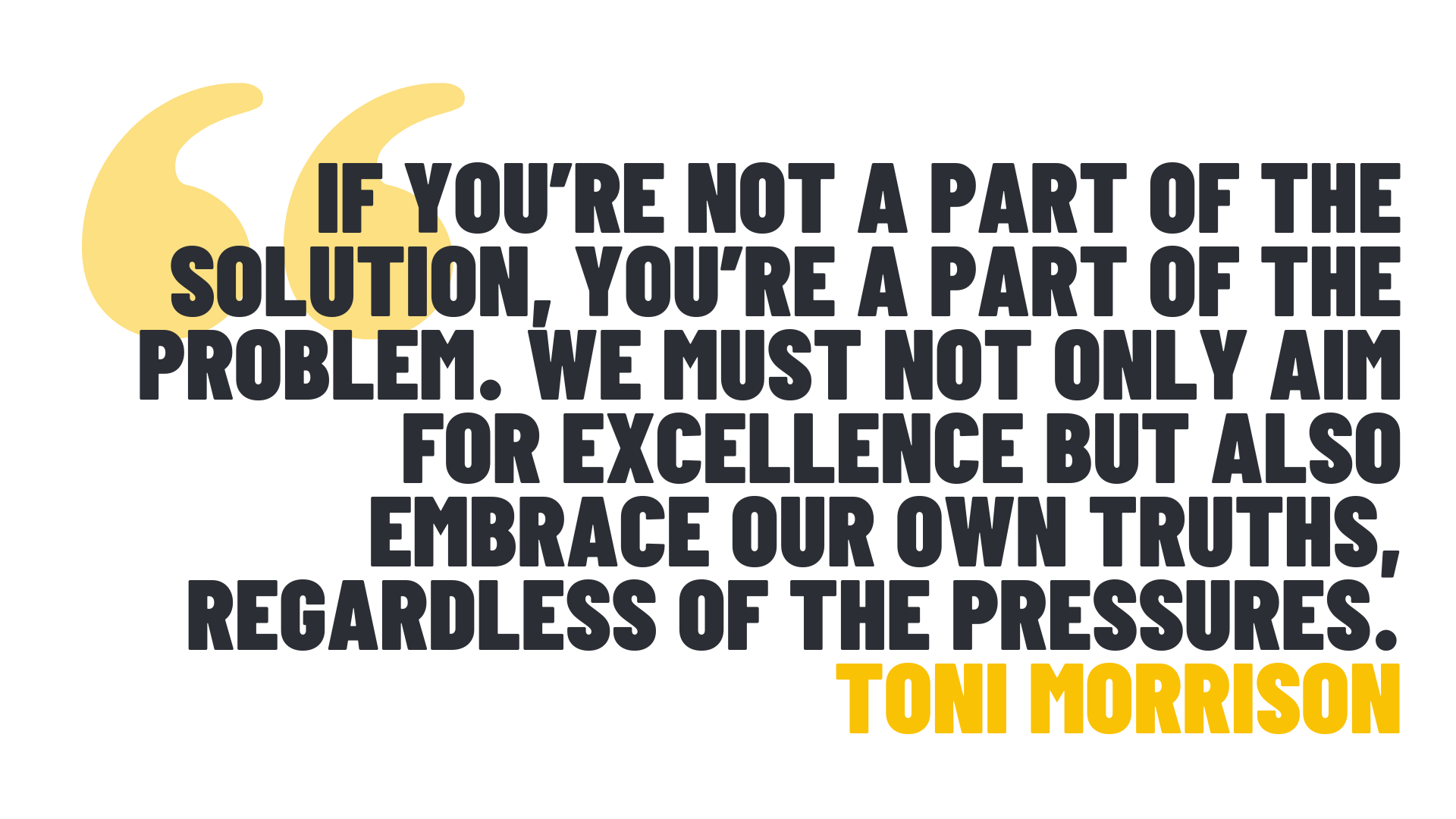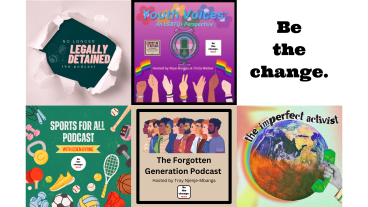24 October 2024

My name is Angel Akpovi, and I am an #iWill Ambassador. As we celebrate Black History Month, it is essential to explore three intertwined concepts that shape our identities: Black excellence, Black gift, and Black burden. Each represents a facet of our lived experiences and highlights the responsibilities and expectations we navigate as members of the Black community.
Black Excellence
Black excellence embodies cultural pride and resilience. When we think of Black excellence, figures like Stormzy come to mind—not only for his impactful music career, but also for his commitment to community upliftment through initiatives like the Cambridge Scholarship. In the realm of sports, Serena Williams stands out as a tennis champion who leads the charge for racial justice, serving as a powerful role model for young Black women in a predominantly white sport. Barack Obama, the first Black president of the United States, symbolises the heights of achievement, while Michael B. Jordan’s ground-breaking role in Black Panther reshapes narratives in Hollywood.
Black excellence promotes a sense of collective success; when one of us triumphs, it feels as though we all do. This notion encourages bravery and risk-taking, challenging societal norms because we have role models who inspire us. However, we must recognise that “the great challenge is to fight against the commodification of Black excellence, where success becomes a performance for others rather than a celebration of self.” This call to celebrate individual achievements is crucial in a landscape that often pressures us to conform. The concept has also spurred social justice movements, as seen in John Boyega’s impassioned speeches during the Black Lives Matter movement and Lewis Hamilton’s public advocacy for equality, exemplified by his taking a knee before races and establishing the Hamilton Commission.
Moreover, the importance of education within Black families has evolved. Parents are increasingly choosing historically Black colleges and universities instead of Ivy League institutions. Mikayla N. Smith’s decision to attend Howard University instead of Harvard, Yale, or Princeton exemplifies this shift, emphasising the importance of belonging and community within the framework of Black excellence. This growing awareness has also led to increased representation across various industries, evidenced by the rise of young ethnic minorities actively engaging in entrepreneurial ventures and supporting Black-owned businesses.

Black Gift
The concept of Black gift recognises the rich cultural heritage passed down through storytelling, music, and art. Beyoncé’s album Black Is King celebrates Black culture, showcasing the depth of our narratives. In athletics, Black athletes have historically made significant contributions, as demonstrated by the 2020 Tokyo Olympics, where Black athletes won 40% of Team USA’s medals. Icons like Usain Bolt and Shelly-Ann Fraser-Pryce have left a lasting legacy in track and field, epitomising athletic excellence.
Black gift signifies our ability to overcome adversity, highlighting the innate strengths that arise from our identity. It underscores creativity and innovation, from music to dance, and reminds us of the powerful message embodied in the phrase “Young, Gifted, and Black.” This notion captures the essence of our cultural heritage and the creative spirit that has flourished despite systemic challenges, serving as a testament to our resilience and resourcefulness.
Black Burden
However, intertwined with Black excellence and gift is the weight of Black burden. As a society, we often perpetuate unrealistic expectations, requiring that we embody excellence in every aspect of our lives. Rather than celebrating individual achievements, our successes are framed as collective wins, which diminishes our hard work and dedication by attributing them solely to our ethnicity.
At what point do Black excellence and gift become burdensome? As a young Black person, if you don’t excel in the arts or possess extraordinary intellectual prowess, where do you fit in? The implicit message can feel like exclusion from the community, exposing us to the same discrimination and societal prejudice that all Black individuals face.
The pressure to meet higher standards in education and the workplace can lead to significant mental health challenges, including anxiety and depression. We often carry an unspoken obligation to advocate for our community, making our actions feel like they are for everyone rather than for ourselves. As Stormzy poignantly noted, “Heavy is the head that wears the crown”—a crown we inherit without choosing to bear it. This expectation can be exhausting, leaving us feeling the need to lead every social movement and represent our community in every space.
Toni Morrison’s words resonate profoundly in this context: “If you’re not a part of the solution, you’re a part of the problem. We must not only aim for excellence but also embrace our own truths, regardless of the pressures.” This sentiment highlights the necessity of acknowledging our individual experiences amidst collective expectations.
The experiences of young Black athletes, particularly in UK football culture, illustrate this burden. Bukayo Saka faced immense pressure during the 2020 Euro finals. After missing a penalty, he endured a torrent of racism and abuse, underscoring the harsh reality that our missteps can be weaponised against us in ways that others do not experience. James Baldwin reminds us that “the burden of your identity is not for you to bear alone; it is a collective responsibility, yet it should not define the entirety of your existence.”

In closing, let us honour Black excellence, embrace our Black gifts, and acknowledge the burdens we carry. Together, we can pave the way for future generations to thrive—not just in spite of these expectations but because of our unique contributions to society.





